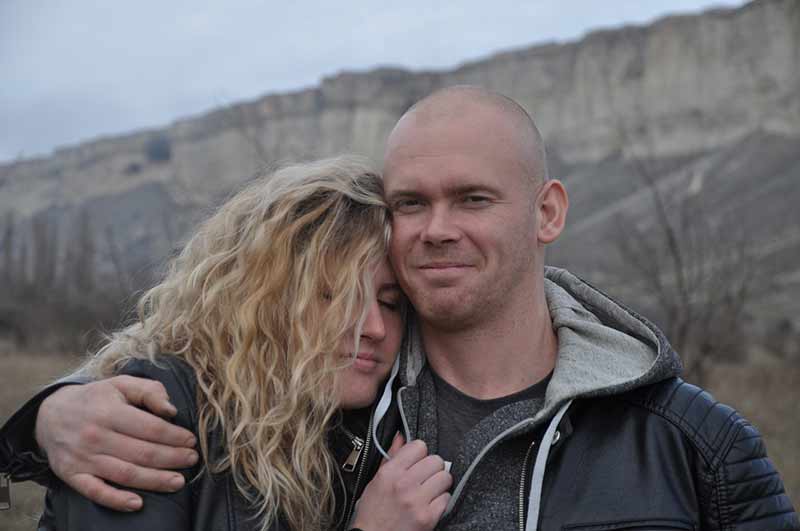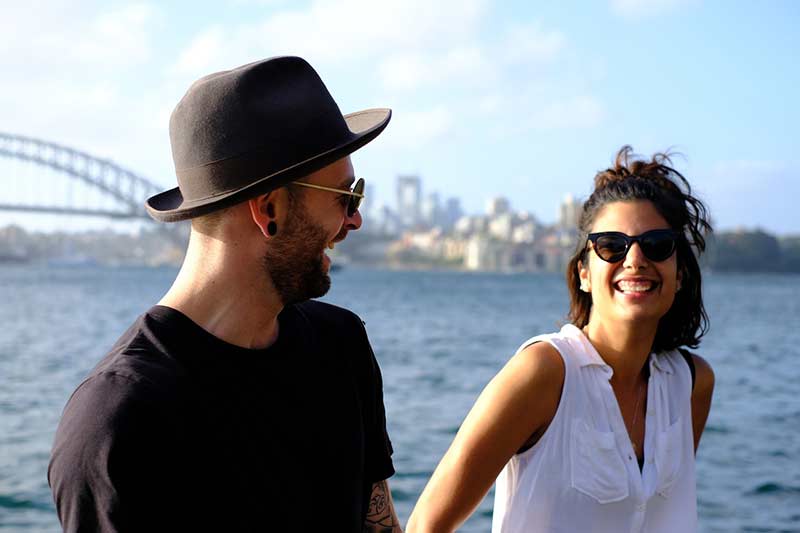What do you call someone who never apologizes In the vast tapestry of human behavior, there exists a unique category of individuals who rarely, if ever, utter the words “I’m sorry.” These are the people we encounter in our lives who seem impervious to the concept of apologizing, even when they’ve clearly made a mistake or caused harm. So, what do you call someone who never apologizes? In this exploration, we will delve into the various facets of the unapologetic individual, examining their motivations, impacts on relationships, and potential for growth.
What Do You Call Someone Who Never Apologizes
Unapologetic individuals often possess a distinct mindset that sets them apart from those who readily apologize. To them, saying sorry may appear as a sign of weakness, an admission of fault that undermines their self-image. This mindset is rooted in pride and ego, making it challenging for them to acknowledge their errors. For more information about that Can A Scammer Fall In Love With His Victim
- The Reluctant Admitter
- The Consequences of Never Apologizing
- The Unapologetic and Relationships
- The Impact on Emotional Well-being
- Why Do Some People Never Apologize?
- Breaking the Pattern
The Reluctant Admitter
When unapologetic individuals do recognize their mistakes, they are often reluctant admit their wrongdoing. Instead, they may employ tactics like shifting blame, making excuses, or denying the severity of their actions. What do you call someone who never apologizes This avoidance of accountability can strain relationships and create a cycle of conflict.
The Consequences of Never Apologizing
The consequences of never apologizing extend beyond strained relationships. The lack of accountability can lead to unresolved conflicts, pent-up resentment, and emotional distancing. In the workplace, an unapologetic colleague can disrupt teamwork and hinder productivity. In personal relationships, What do you call someone who never apologizes it can lead to communication breakdowns and erosion of trust.
The Unapologetic and Relationships
Unapologetic individuals often find it challenging to maintain healthy relationships. Their inability to apologize can create a wedge between them and their loved ones. Friends, family members, and partners may feel unheard, invalidated, and taken for granted. What do you call someone who never apologizes This can result in the erosion of trust and the eventual breakdown of the relationship.
The Impact on Emotional Well-being
For the unapologetic individual, the refusal to say sorry may seem like a defense mechanism. However, this behavior can take a toll on their emotional well-being. The constant need to protect their ego can lead to stress, anxiety, and isolation. What do you call someone who never apologizes It can also prevent personal growth and self-improvement.
Why Do Some People Never Apologize?
Understanding why some individuals never apologize is a complex endeavor. Several factors may contribute to this behavior, including upbringing, cultural influences, and past experiences. For some, the fear of vulnerability and rejection outweighs the benefits of apologizing. Others may have developed a habit of avoiding responsibility, What do you call someone who never apologizes which becomes deeply ingrained over time.
Breaking the Pattern
Is it possible for unapologetic individuals to change? Yes, personal growth and transformation are always possible. However, it often requires self-awareness and a willingness to confront one’s shortcomings. What do you call someone who never apologizes Therapy, self-help resources, and open communication with loved ones can be instrumental in helping an unapologetic person break the pattern and learn to apologize when necessary.
Conclusion
So, what do you call someone who never apologizes? You might call them unapologetic, but understanding the complexity of their behavior is crucial. Unapologetic individuals are not solely defined by their reluctance to apologize; they are products of their experiences, fears, and insecurities. While their behavior can strain relationships and hinder personal growth, there is always hope for change. By fostering self-awareness and embracing accountability, unapologetic individuals can begin the journey toward healthier relationships and emotional well-being. In the end, it’s not about the label we assign them, but the potential for growth and transformation that lies within each of us.




